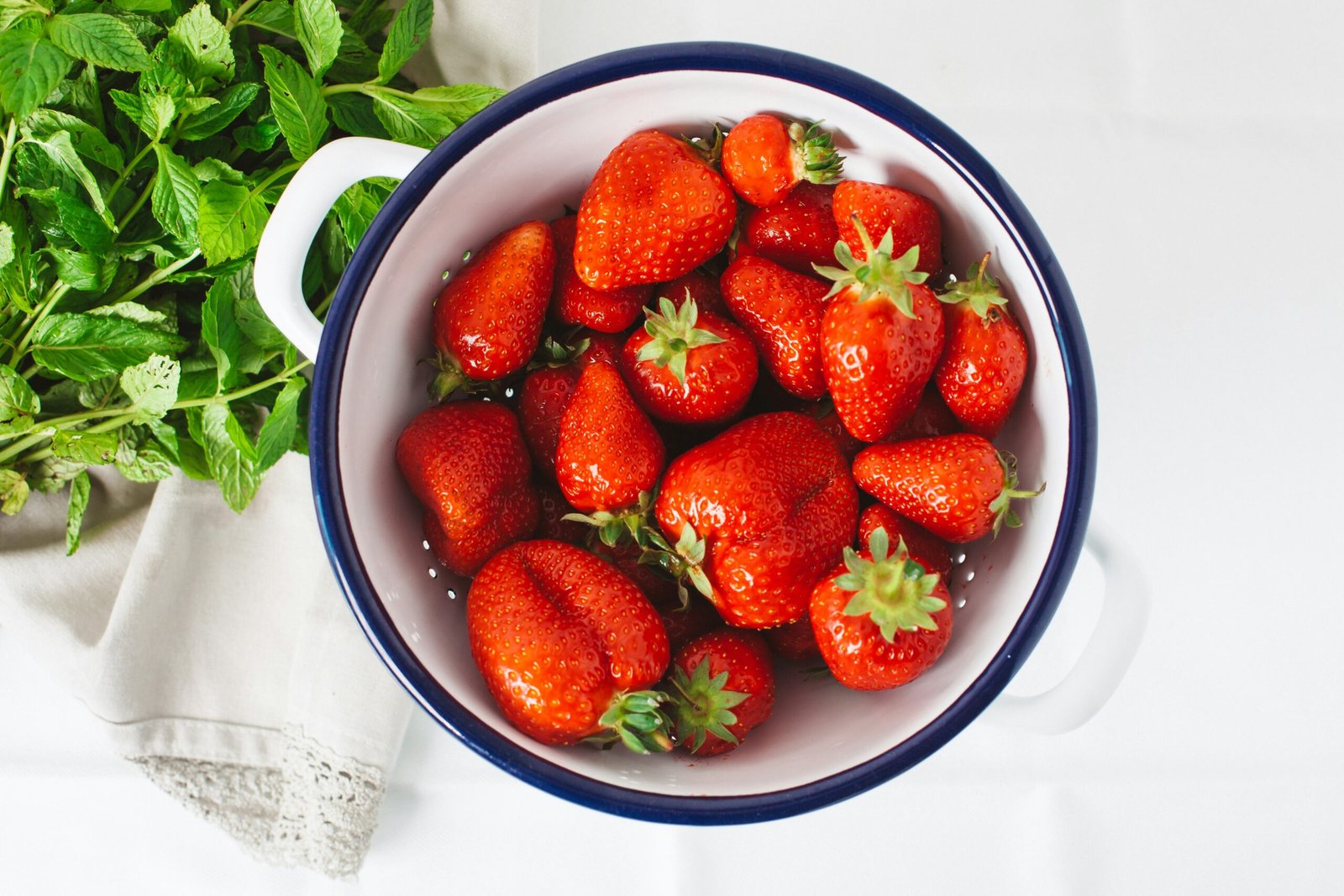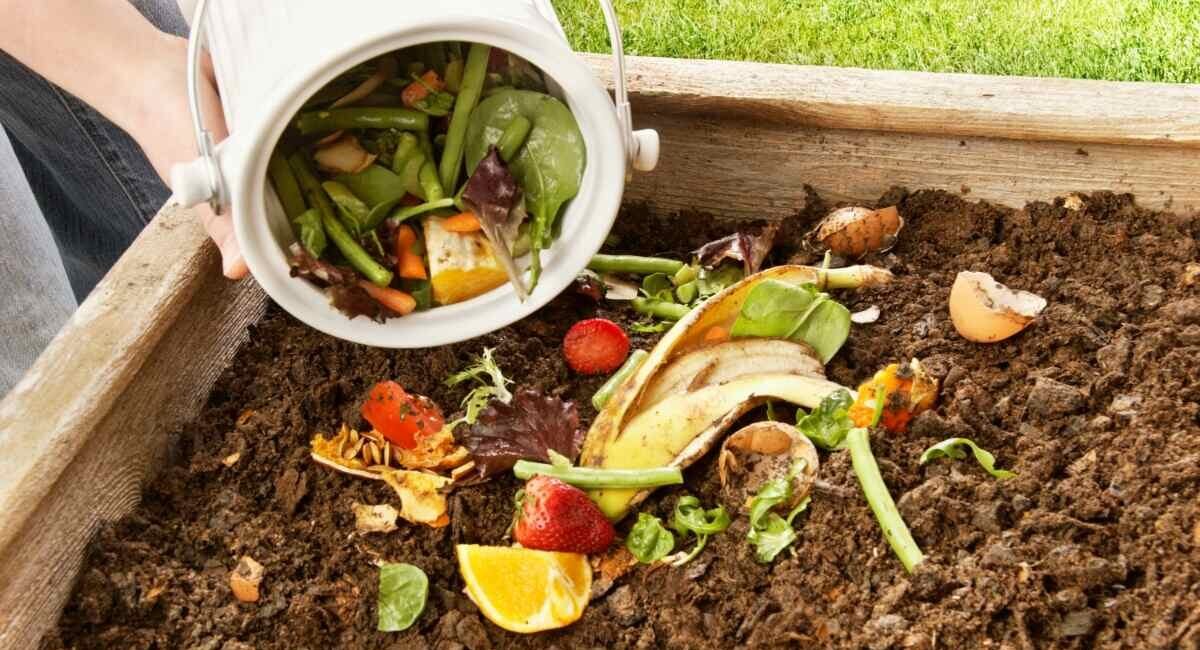Hey there, plant enthusiasts! We all dream of a backyard bursting with life – plump tomatoes, vibrant flowers, and the happy buzz of bees. But achieving that picture-perfect paradise often comes with a battle: a war on weeds and a relentless fight against pesky insects. As your friendly neighborhood gardener, blogger, and SEO whiz, I want to explore a different kind of approach: organic farming! It’s not just about avoiding chemicals, it’s about creating a thriving ecosystem teeming with life in your own backyard – and it all starts with a tiny mite, no bigger than the tip of a pen!
Imagine this: you’ve planted a row of delicious strawberries, their sweet fragrance filling the air. But lurking beneath the leaves are hungry spider mites, invisible to the naked eye but capable of sucking the life out of your plants, turning your juicy dream into a dusty nightmare. This is where the traditional approach often begins – a spray bottle filled with chemicals, a short-term victory at the time, but at the cost of a potentially poisoned ecosystem.

But what if there was another way? Organic farming ditches the chemical warfare and embraces the natural symphony of life in your soil. Here’s where our tiny hero, the predatory mite, comes in. These microscopic marvels are nature’s silent assassins, happily gobbling up the spider mites and keeping your strawberries safe. They’re just one part of the incredible orchestra playing underground – earthworms tirelessly aerating the soil and mixing organic matter, beneficial fungi forming partnerships with plant roots to improve nutrient uptake, and countless microscopic creatures like bacteria and nematodes breaking down organic matter into delicious, easily absorbed plant food.
Now, the science behind this symphony is fascinating. Chemical fertilizers are like a sugary soda for plants – a quick burst of growth, but not very sustainable in the long run. They provide readily available nutrients like nitrogen, phosphorus, and potassium, but disrupt the delicate balance of the soil microbiome, the community of organisms that keeps everything functioning smoothly. Think of it as blasting loud music over a nature documentary – the natural sounds essential for communication between organisms get drowned out, leading to chaos in the ecosystem. Over time, this disrupts nutrient cycling, reduces soil organic matter, and increases the risk of erosion.
Organic farming, on the other hand, is like a balanced, slow-food meal for your plants. Compost, made from food scraps and yard waste, is a natural fertilizer teeming with beneficial microbes that contribute to a healthy soil food web. These microbes break down organic matter, releasing nutrients plants can readily use and creating a healthy environment for other beneficial organisms like earthworms and mycorrhizal fungi. Crop rotation, planting different things in the same spot each year, helps maintain soil health and prevents nutrient depletion. Different crops have different nutrient needs and root structures, so rotating crops helps to ensure the soil remains balanced and fertile. It’s all about creating a diverse and thriving ecosystem that benefits everyone – from the tiniest mite to the juiciest tomato.
Here are some ways you can join this symphony of sustainability in your own backyard:
- Compost Power: Turn your kitchen scraps and yard waste into nutrient-rich compost, feeding the soil and its hidden orchestra of microbes. This not only reduces waste but also creates a valuable fertilizer that promotes a healthy soil food web.

- Beneficial Brigade: Introduce ladybugs, praying mantises, or lacewings to your garden. These natural predators will keep pest populations in check without harming beneficial insects like ladybugs and pollinators. You can purchase these beneficial insects online or at some garden centers.
- Diversity is Key: Plant a variety of flowers, vegetables, and herbs. This creates a more balanced ecosystem by attracting beneficial insects like pollinators and providing habitat for a wider range of organisms. Beneficial insects like ladybugs and hoverflies prey on pests, while pollinators like bees and butterflies help with fruit and vegetable production. A diverse garden also helps to suppress weeds by creating competition for light and resources.
- Let Nature Take its Course: While some level of pest control might be necessary, try to tolerate minor damage from insects. Often, these populations are naturally kept in check by the beneficial creatures in your garden ecosystem. If you see a few aphids on your roses, don’t panic! Ladybugs and other predators might be on their way to take care of the problem.
By embracing organic farming, we can create a healthier environment for ourselves, our families, and all the tiny creatures that make our gardens thrive. Remember, a thriving ecosystem isn’t a silent battlefield; it’s a vibrant biodiversity bonanza where every creature plays a crucial role. Let’s create a backyard orchestra and watch our gardens flourish – one tiny mite at a time! In doing so, we contribute to a healthier planet for future generations.

